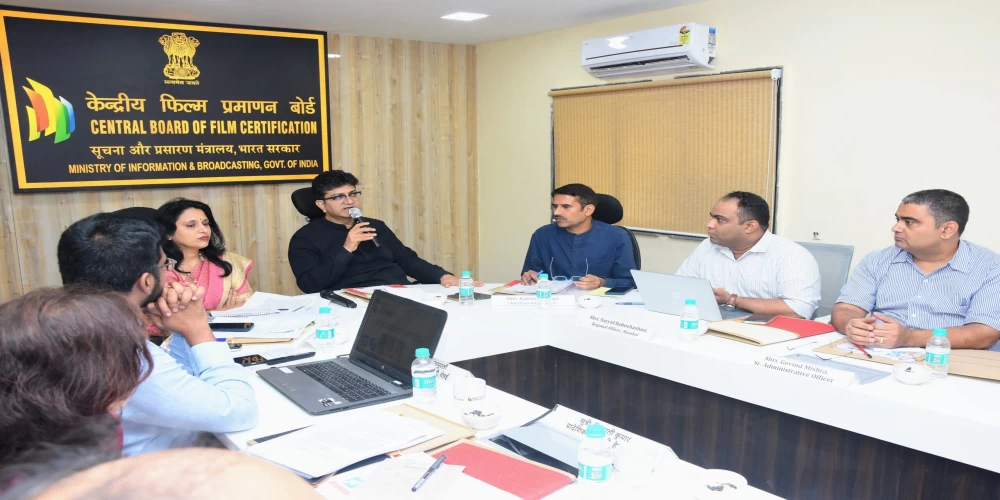
New Delhi: The Regional Office of the Central Board of Film Certification (CBFC) Delhi hosted an interactive conference on 28 August 2024 at Pt Deendayal Antyodaya Bhawan in CGO Complex, Lodhi Road. The conference aimed to address the implementation of accessibility standards in feature films for public exhibitions in cinema theatres.
The event gathered a diverse group of stakeholders, including film applicants, producers, directors, technological service providers, and representatives from organisations dedicated to disability advocacy, such as the Association for the Deaf and Saksham NGO. The Regional Officer of CBFC Delhi, Mahesh Kumar, along with other participants, engaged in discussions focused on incorporating mandatory accessibility features to ensure inclusivity for audiences with visual and auditory impairments.
The conference was notably accessible to all participants through the use of Indian Sign Language interpretation, highlighting a commitment to inclusivity from the outset.
Ensuring inclusive cinema
Mahesh Kumar addressed the assembly, outlining the new regulatory framework that will guide the transition towards more accessible cinema. He emphasised the importance of these standards in broadening the audience base and enhancing the viewing experience for individuals with disabilities. Kumar also encouraged empathy and a thoughtful approach to implementing these features.
The President of the Association for the Deaf, A. S. Narayanan, highlighted the critical role of accessibility standards in making cinema a more inclusive experience. Technical discussions delved into practical steps and viable technologies for integrating audio descriptions, close captions, and other assistive formats into mainstream films.
Industry’s readiness and commitment towards accessibility
Film producers and directors expressed their readiness to adopt these guidelines, acknowledging both the potential benefits of an expanded audience and the financial implications of implementing these changes. Their participation reflects a growing industry commitment to accessibility.
The conference also featured a screening of clippings from the multi-inclusive film Rabb Di Awaz by Ojaswwee Sharma, which served as a practical example of how inclusivity can be effectively integrated into filmmaking. The event concluded with a consensus on the necessity of cooperation among all stakeholders to ensure the successful implementation of these accessibility standards. /BI


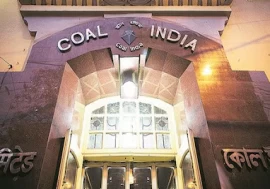
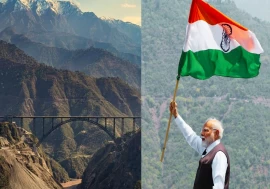
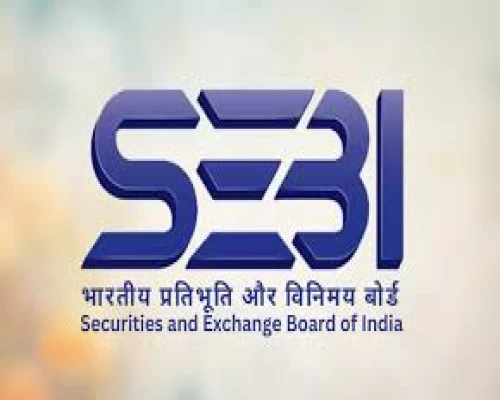

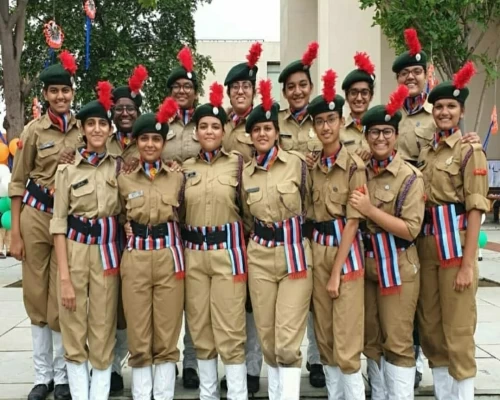
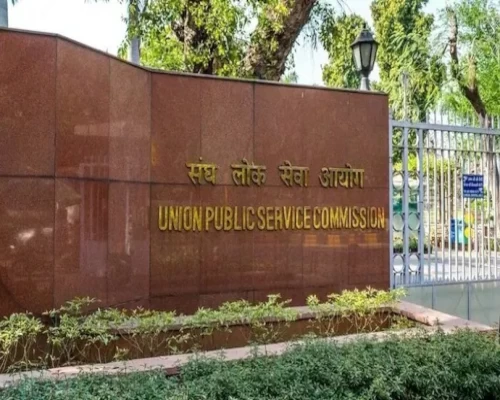


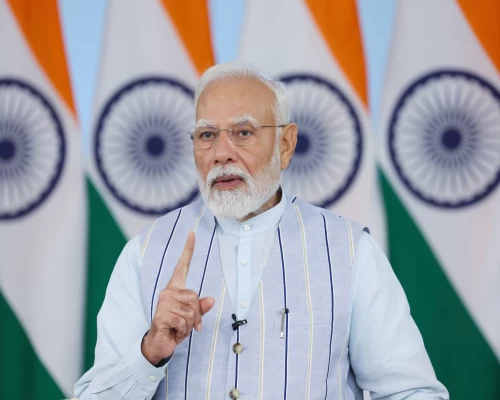
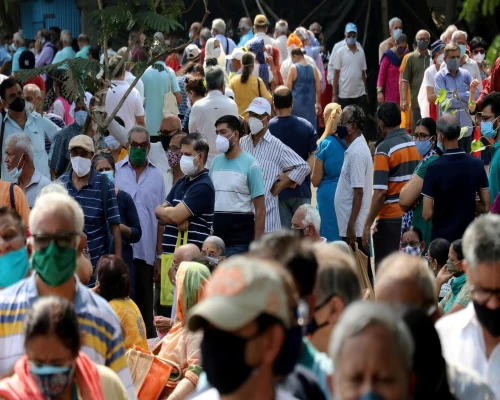

 (13)_500_x_400.webp)